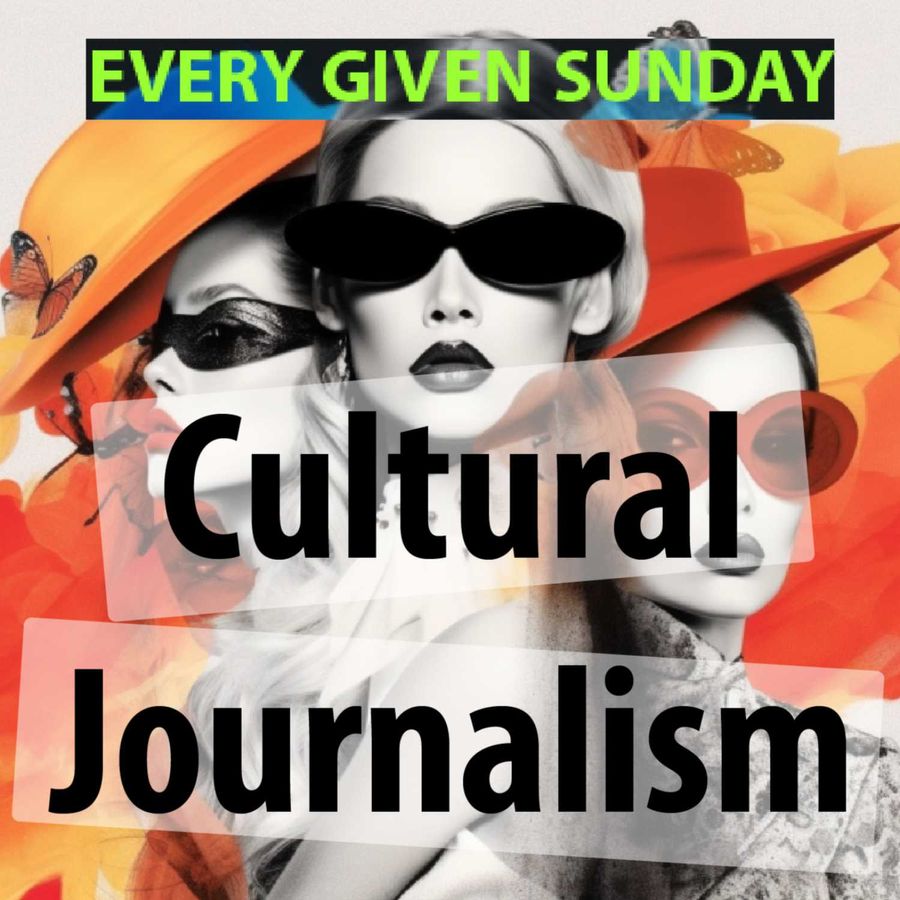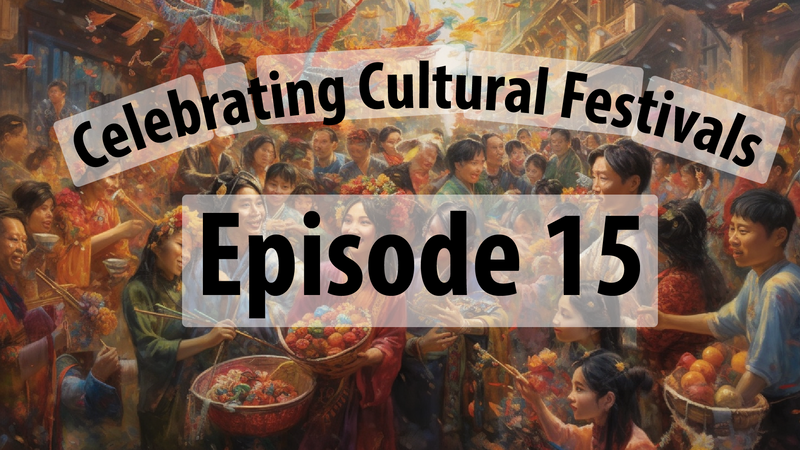Cultural Festivals: An Examination of Tradition and Its Modern Relevance
In this era of self-affirmation and cultural preservation, one cannot help but notice the burgeoning popularity of cultural festivals. These events, often celebrated enthusiastically, commemorate and uphold our diverse heritage. However, as we explore the realm of cultural festivals, it becomes imperative to exercise critical thinking and engage in a rigorous analysis of their significance in the contemporary world. Are these festivals mere spectacles that appease our nostalgia, or do they serve a deeper purpose? In this article, we shall embark on a journey of intellectual inquiry, challenging conventional wisdom and exploring the historical context behind cultural festivals.
The Ubiquity of Cultural Festivals:
Cultural festivals have become a staple in many societies, offering a spectacle of colourful costumes, lively music, and traditional rituals. They purport to represent the richness and uniqueness of various cultural traditions, and proponents argue that they are essential for preserving cultural heritage. However, one must question the extent to which these festivals genuinely reflect the values and practices of the past.
The Danger of Commodification:
It is crucial to recognize the dangerous path that cultural festivals tread—the path of commodification. As these festivals gain popularity, they often fall victim to commercialization, transforming into sanitized versions of their original intent. The vibrant tapestry of customs and rituals, once profoundly ingrained in the fabric of a community, can be reduced to mere caricatures in the name of entertainment. As a result, cultural festivals risk becoming hollow representations, stripped of their historical significance and rendered meaningless.

The Fallacy of Tradition:
Tradition, though often romanticized, must be subjected to rigorous scrutiny. We must question whether cultural festivals are grounded in historical accuracy or have been embellished and distorted over time. Human memory is a fickle thing, and the passage of time can cloud the authenticity of traditions. Therefore, distinguishing between the genuine remnants of the past and the fabricated myths we often embrace is essential.
Historical Context:
To fully understand the implications of cultural festivals, we must delve into their historical context. Many of these festivals have roots in ancient religious practices, serving as a means to mark significant events in the cultural calendar. However, as societies evolve and religious beliefs wane, the original purposes of these festivals may become obscured. Therefore, it is imperative to evaluate whether these events still hold meaning in the present day or if they have transformed into empty rituals that serve no purpose beyond nostalgia.
The Perils of Cultural Relativism:
While celebrating cultural diversity is undoubtedly a noble pursuit, we must guard against the pitfalls of cultural relativism. Accepting and celebrating all cultural practices can lead to endorsing harmful or oppressive traditions without critical examination. Therefore, cultural festivals should be scrutinized through ethical discernment, challenging courses that may perpetuate discrimination, inequality, or human rights abuses.
Redefining Cultural Festivals:
Instead of clinging unquestioningly to the past, we should strive to redefine cultural festivals to meet the needs of our contemporary world. These events can serve as platforms for dialogue, fostering cross-cultural understanding and promoting unity in a fragmented society. By incorporating critical discussions, educational initiatives, and community engagement, cultural festivals can evolve into transformative experiences capable of challenging and broadening our perspectives.
Conclusion:
In scrutinizing the phenomenon of cultural festivals, it becomes clear that our celebration of tradition must be balanced with intellectual rigour. We must engage critically, distinguishing between the genuine remnants of the past and the romanticized narratives we weave around them. Moreover, the commodification and dilution of cultural festivals pose a significant threat, eroding their historical significance and reducing them to mere spectacles.
To celebrate cultural diversity, we must question and challenge conventions, examining the ethical implications of practices associated with these festivals. By redefining cultural festivals as platforms for dialogue and learning, we can breathe new life into these traditions and foster a deeper appreciation for our shared humanity.
Let us embark on a journey of intellectual exploration, reimagining cultural festivals not as static remnants of the past but as vibrant expressions of our collective identity, capable of shaping a more enlightened and inclusive future.


